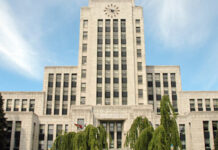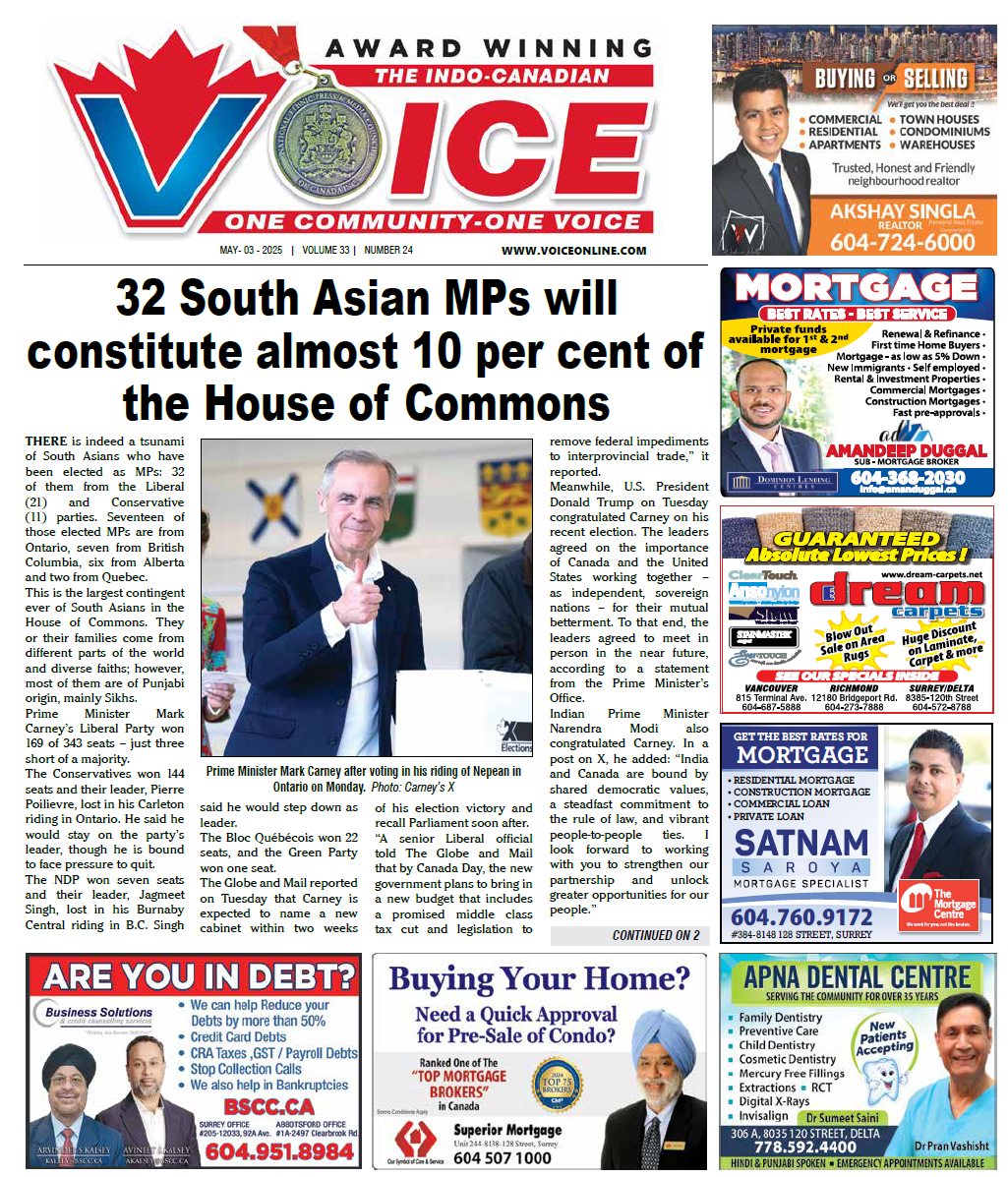THE City of Vancouver says it is taking a bold step toward making the city a more inclusive and supportive place for seniors by formally adopting the World Health Organization’s (WHO) Age-Friendly Cities Framework. This move reinforces Vancouver’s leadership in building a city where older adults can thrive, not just get by.
“With more than 30% of Vancouver’s population aged 55 and older, we need to ensure our city is prepared—not just for today’s seniors, but for future generations,” said Vancouver Mayor Ken Sim. “This isn’t just about one policy; it’s about integrating an aging lens across everything we do—from housing and transportation to public spaces and digital inclusion.”
The WHO Age-Friendly Cities Framework provides a comprehensive roadmap for municipalities to enhance livability for older adults in key areas such as housing, mobility, outdoor spaces, social participation, and access to essential services. Vancouver’s adoption of this framework aligns with the recently approved Older Persons Strategic Framework and 2025 Early Actions, which will deliver concrete improvements for seniors in the year ahead, including:
- Safer streets and sidewalks: Expanded curb ramps, improved traffic signals, and enhanced accessibility at bus stops.
- Affordable, senior-friendly housing: Streamlining the development of seniors’ social housing through the Vancouver Social Housing Initiative.
- Increased social inclusion: Strengthening digital literacy programs and community connections to combat isolation and enhance civic participation.
- Health and well-being support: Improved coordination with Vancouver Coastal Health and the establishment of a Network of Organizations in Vancouver on Aging (NOVA).
“For too long, policies for seniors have been disconnected and reactive. This framework changes that,” said Councillor Mike Klassen, who introduced the motion. “By committing to the WHO Age-Friendly Cities Framework, we’re ensuring a proactive, coordinated approach that makes Vancouver a city where seniors feel valued, supported, and engaged. This is something that seniors and their adult children have been asking for, in order to improve quality of life for all families.”
Joining the WHO’s Age-Friendly Cities Network places Vancouver among a select group of over 1,700 cities worldwide, including just six in British Columbia, that are leading the way in age-friendly urban planning. This initiative builds upon the City’s ongoing efforts, such as the Seniors Housing Strategy, Accessibility Strategy, and Healthy City Strategy, and furthers Vancouver’s commitment to fostering a city where everyone—regardless of age—can live with dignity, security, and community.
The City will continue working closely with community partners, senior governments, and organizations to implement meaningful changes that enhance quality of life for older residents.













